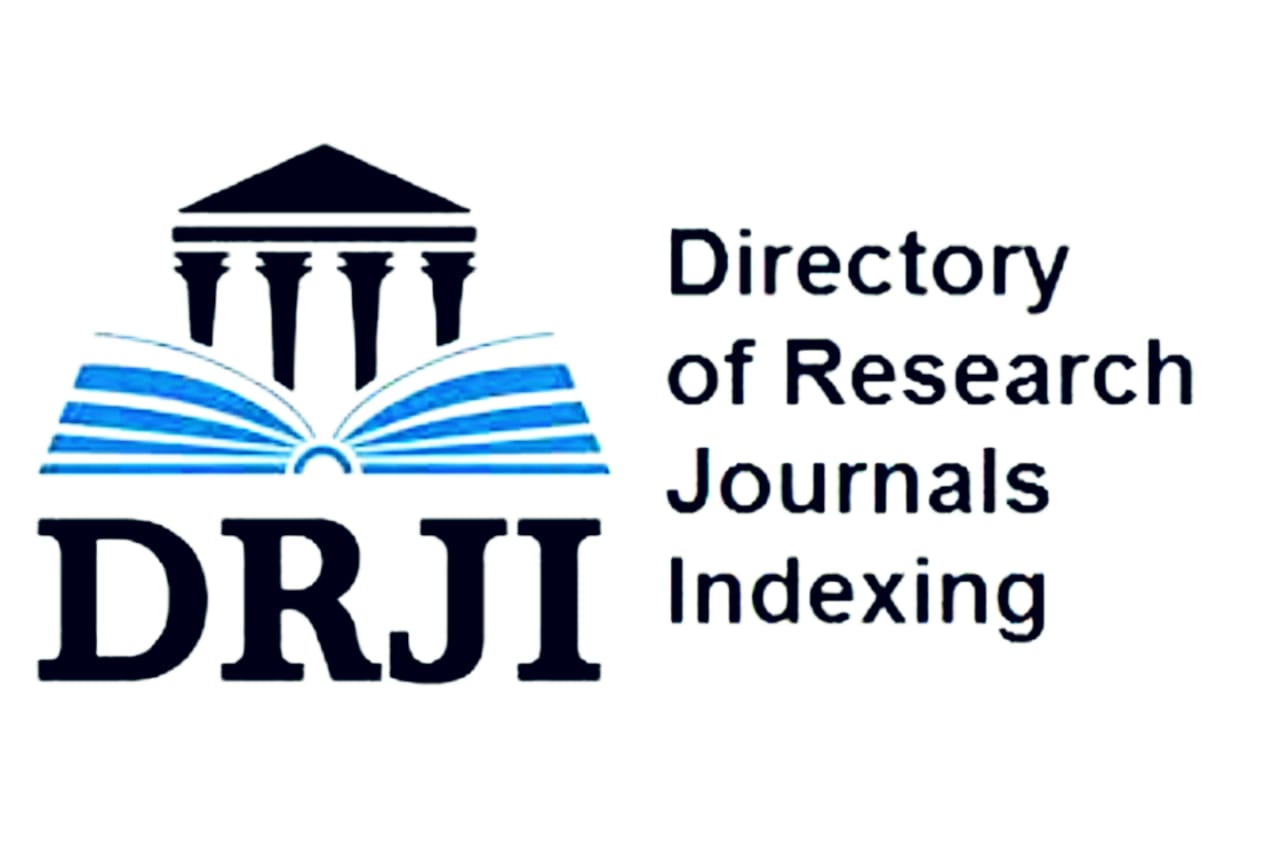Analysis of soybean world collection in conditions of south-eastern Kazakhstan
DOI:
https://doi.org/10.26577/ijbch-2019-1-i5Abstract
The study of the phenotypic variability of the world crop collections in various conditions is an important step for identification of genetic factors (genes, quantitative trait loci), associated with yield and its components in order to increase the effectiveness of genetic and breeding programs. Current paper presents some results from the comparative analysis of the phenotypic data from the soybean world collection (originators – Kazakhstan, Russia, Canada, France, Sweden, Switzerland, Serbia, Belarus, Poland, Ukraine, Moldavia, Bulgaria, Belgium, Czech Republic, Slovakia, USA, China, Japan, Uzbekistan, Kyrgyzstan). The collection consisted of 192 cultivars and lines grown on the experimental plots of the Kazakh Research Institute of Agriculture and Plant Growing (KAZNIIZR, Almalybak v., Almaty region, Kazakhstan) in 2017 and 2018 yy. A number of key yield-associated traits, including plant height, pod insertion height, number of branches, nodules and seeds per plant, yield per plant and thousand seed weight were studied. It was noted that the yield over the two years of trials positively correlated with the abovementioned traits. The soybean accessions were ranked based on all the studied traits. As a result of the study of the yield components, several high-productive cultivars were identified. Cheremosh (Ukraine), Agassiz (USA), Iskra (Kazakhstan) and Evrika (Kazakhstan) showed high stable results in both years. The obtained results will be used in the genome-wide association study to identify the significant relations between DNA markers and complex quantitative traits to be applied in further genetic and breeding programs.
Downloads
How to Cite
Issue
Section
License
ааа

















